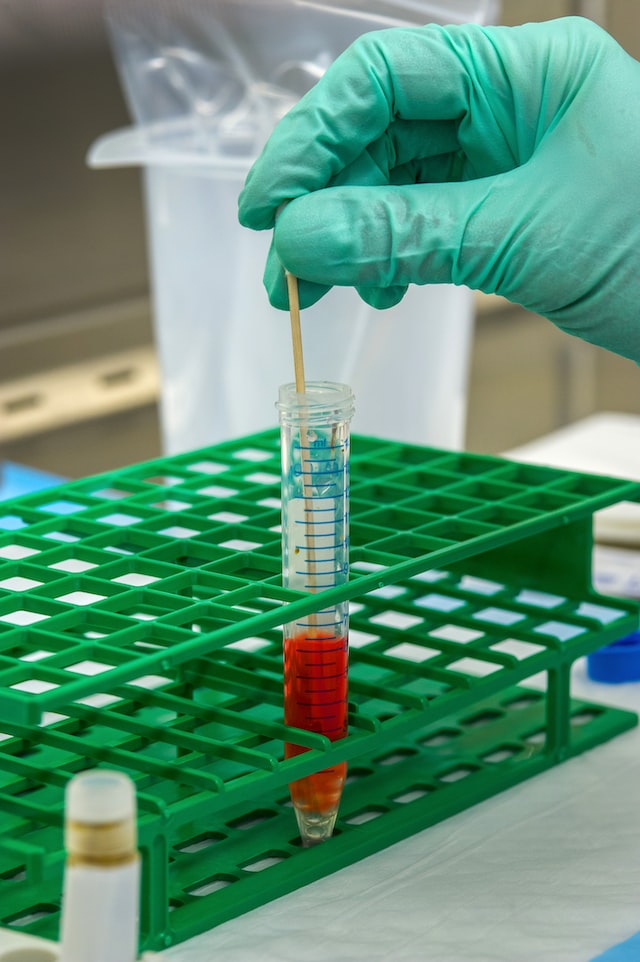
Will Muscle Relaxers Show Up On A Drug Test?
If you have an upcoming drug test, you may be concerned about what medications could trigger a positive result. Will muscle relaxers show up on a drug test? Read on for the information you need!
Table of Contents:
Will muscle relaxers show up on a drug test?
Muscle relaxers are not included in standard drug tests. However, for drug tests including certain chemicals in muscle relaxants, you may want to keep the detection window of your medication in mind.
A few examples include:
Baclofen
- Blood Test: 72 hours (regular dosage)
- Urine Test: 48 hours-10 days (depending on dosage)
- Saliva Test: 48-72 hours
Flexeril
- Blood Test: Up to 10 days
- Urine Test: Up to 4 days
- Saliva Test: 3-10 days
Soma
- Blood Test: 24 hours
- Urine Test: 2-3 days
- Saliva Test: Up to 4 hours

How long do muscle relaxers stay in your system?
Muscle relaxants have varying half-lives in the body, based on the particular drug and personal variables including age, metabolism, and general health. The following basic recommendations apply to popular muscle relaxants:
- Cyclobenzaprine (Flexeril): The half-life of this muscle relaxant is around 18 hours, which means that it takes your body about that long to flush away half of the medication. The half-lives of most drugs range from five to seven, meaning that cyclobenzaprine can be in your system for four to six days.
- Methocarbamol (Robaxin): Methocarbamol has a half-life of one to two hours, meaning the body gets rid of it somewhat fast. It might be in your system for eight to twenty-four hours.
- Carisoprodol (Soma): The half-life of carisoprodol is around two hours, but meprobamate, a metabolite of the drug, has a half-life of approximately ten hours. You may be exposed to the medication and its metabolite for two to three days.
- Baclofen: Baclofen may remain in your system for up to 18 to 24 hours because of its 3 to 4 hour half-life.
- Diazepam (Valium): Diazepam is occasionally given for the treatment of muscular spasms, despite not being a conventional muscle relaxant. Its half-life is lengthy, ranging from 20 to 50 hours, and the half-lives of its active metabolites may be substantially longer. The full removal of diazepam and its metabolites from your body may take a few days to weeks.
It’s crucial to remember that these are only approximate times that a muscle relaxant may linger in your system for different amounts of time. It’s recommended to speak with a healthcare provider if you have concerns about how long a certain prescription will last in your system or if you have inquiries regarding drug interactions or adverse effects.
Can you become addicted to muscle relaxers?
Some people use muscle relaxers to get pleasant feelings. There are a number of health and legal reasons not to do this, and it should be noted that not all muscle relaxers can produce pleasurable effects. Over time, the body can become chemically dependent on muscle relaxers, which may require you to go through a detoxification process guided by medical professionals.
Elite Home Detox Can Help You Combat Addiction To Muscle Relaxers
If you think you may have developed an addiction to muscle relaxers, Elite Home Detox can help. We are a licensed, mobile healthcare practice providing addiction healthcare. Our experts can conduct evaluations, supervise detox, and provide counseling in the comfort and privacy of your home. We can provide a full range of services to address rehabilitation needs, including:
- Interventions
- In-Home Detox
- Medication Assisted Treatment
- Sober Companionship
- Psychiatric Evaluation
- Concierge Medical Services
- Case Management
- NAD IV Therapy
With Elite Home Detox, treatment is customized around your needs. Reach out today by giving us a call or clicking the link below!



 Harsh Brar is a Board Certified Family Nurse Practitioner specializing in addiction medicine and pain management. He holds a Master of Science in Nursing from Samuel Merritt University and ensures all Elite Home Detox clinical content aligns with current medical safety standards.
Harsh Brar is a Board Certified Family Nurse Practitioner specializing in addiction medicine and pain management. He holds a Master of Science in Nursing from Samuel Merritt University and ensures all Elite Home Detox clinical content aligns with current medical safety standards.